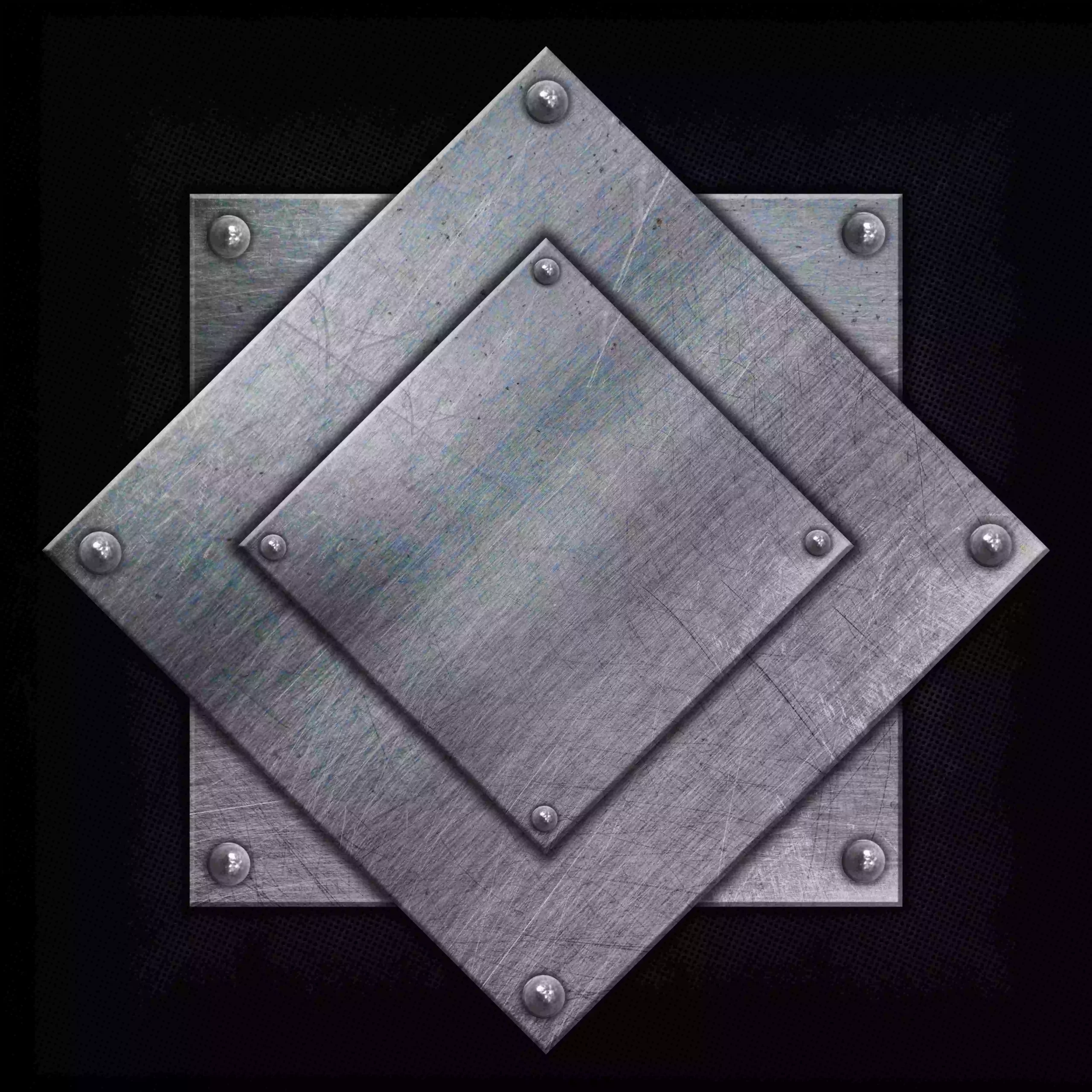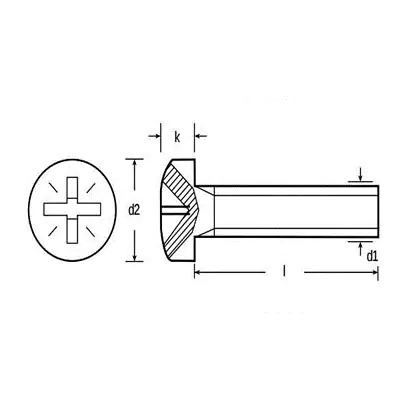caTEGORIES
Tags
Are There Specific Industry Standards Or Certifications for Pins And Rivets?

Posted: March 25, 2025
Categories: News
Pins, rivets, and other such tools come with industry-specific standards and certifications that need to be met for the tool to be considered of good quality, safe to use within the given parameters, and performing well. These standards are set by groups, such as the International Organization for Standardization (ISO). Compliance with these standards is essential for both manufacturers and users to ensure that the fasteners will function properly in their intended applications.
Something about Pins and Rivets
Definition and Applications
The fastener industry is a wide category, and well known because of its pins and rivets that are heavily used in multiple applications. In machinery, pins are used as tooling pivot points, align components, or are used to hold parts together. However, rivets belong to permanent types of mechanical fasteners that attach materials by being deformed into place. These barges are commonly utilized in construction, automotive, and aerospace for their dependability and strength.
Importance of Quality in Manufacturing
Pins and rivets usually support large loads and stresses so the quality of these components is of prime importance. Bad quality may result in failures of non-safety or non-functional type classes. This is important because high manufacturing standards are paramount to preserving the integrity of the structures and machinery they are used in. It becomes essential as high-quality manufacturing will help in keeping intact the structures and machinery where they find use once deployed.
Industry Standards for Pins and Rivets
Overview of Key Standards Organizations
As with many other manufacturing products, various organizations maintain industry standards for pins and rivets to ensure quality, safety, and compatibility. Such associations include the International Organization for Standardization (ISO), the American Society for Testing and Materials (ASTM) and Deutsches Institut für Normung (DIN). These bodies set standards that the manufacturers need to follow to ensure the quality of the fastener.
Specific Standards for Pins
Pins are required to meet certain specifications related to their size, material properties, and performance properties. These standards guarantee that the pins can bear the necessary mechanical load without yielding. Manufacturers commonly accompany test certificates with factory control or professional quality.
Specific Standards for Rivets
Rivets are also subject to strict standards specifying the size, material composition, and mechanical properties. This sets the level of rivets to perform promisingly in different situations. Manufacturers frequently provide a range of finishes such as zinc plating or hot-dipped galvanizing for improved corrosion resistance.
Certifications Relevant to Pins and Rivets
Certification Bodies and Their Roles
Certification bodies play a vital role in verifying that pins and rivets meet established industry standards. They conduct audits, inspections, and tests to certify products’ compliance with relevant specifications.
Certification Process for Pins
The certification process for pins involves thorough testing against industry standards to ensure they meet all necessary criteria. This process often includes assessments of material composition, dimensional accuracy, and mechanical performance.
Certification Process for Rivets
Similar to pins, the certification process for rivets involves detailed evaluations against established norms. This ensures that rivets possess the requisite strength, durability, and resistance needed for their intended applications.
Since 2004, QEWIT has established itself as a trusted supplier of high-quality fasteners & fixings & other industry consumables across Europe and globally. The company has a comprehensive variety of Flat Round Washers DIN 125A which perfectly matched up with the DIN 125A specifications and excellent hardness of up to 200HV and above with great corrosion resistance with galvanised finishes.
To learn more about our range of products, or custom solutions created specifically for you, such as Pan Head Recessed Machine Screws DIN 7985 traditional quality standards, we invite you to visit us today!

QEWIT’s Commitment to Quality
In the case of having pins and rivets that meet the highest standards in the industry, a reliable supplier plays an irreplaceable role. QEWIT has been producing and trading high-quality fasteners and fixing products for over 10 years. Quality control is of prime importance to them, which is established by test certificates and continual traceability for each of the product lines they provide.
An end-to-end version of the company’s service offers everything clients may require for a price that fits a working budget, from account management to tailored one-off products as well as packaging and shipping in an insured state and so on.
Recommendations for Using QEWIT Products
In such a case, it is highly recommended to use products of a reputable supplier (like QEWIT) to ensure you always remain in compliance with the industry standards. Their comprehensive range of fasteners — threaded inserts, bolts, screws, nuts, washers, etc. — is manufactured according to international standards including DIN, ISO, and ASTM.
They have their products in carbon steel along with different substances like brass, copper, stainless steel, aluminum, and gadgets as well. This variety enables customization for individual project needs while still keeping all applicable certifications. This diversity enables tailoring for particular project needs in conjunction with compliance with applicable certifications.
Future Trends in Standards and Certifications for Pins and Rivets
Emerging Technologies Impacting Standards
With the pace of ongoing advancements across industries, technology is also transforming the way pins and rivets are standardized. New technologies, especially automation in manufacturing processes, enable to make fasteners with higher accuracies. Such technological advancements lay cheek on existing standards which can be updated.
When taking the mass production level of production capacity of all new products into account industry-wide, this will give rise to the need to update current certification frameworks to ensure they evolve along with technological developments.
The Evolving Landscape of Certifications
This is also changing for the certifications of pins and rivets, which has a landscape that is also evolving with technology. Certification bodies need to adjust because assessments are not only limited topics but also include new technologies employed in manufacturing. However, certification bodies need to evolve by including assessments specific to newer technologies being used during manufacturing — like additive manufacturing techniques or new surface treatments for increased durability under extreme conditions.
Incorporating eco-friendly practices into production methods themselves along with supply chain management strategies can ensure compliance not just with current but anticipated future sustainability initiatives globally.
FAQs
Q1: What position does QEWIT hold to comply with industry standards?
A: QEWIT’s extensive quality control processes including sophisticated levels of test certificates traceability, specialized products, secured packaging, and delivery ensure that your products conform to QEWIT’s quality control processes, bringing to you worry-free products straight from production racks!
Q2: What effect do new technologies have on standards for pins rivets?
A: As we see the evolvement of advanced technologies, we also need to evolve the production processes and classic standards creation to accommodate the latest innovations of materials science in terms of improving unique properties!
Q3: What is the significance of tracking the changing certification landscape?
A: They have updated assessments through continuous improvement when something not only is adopted but has passed legislative cycles.


